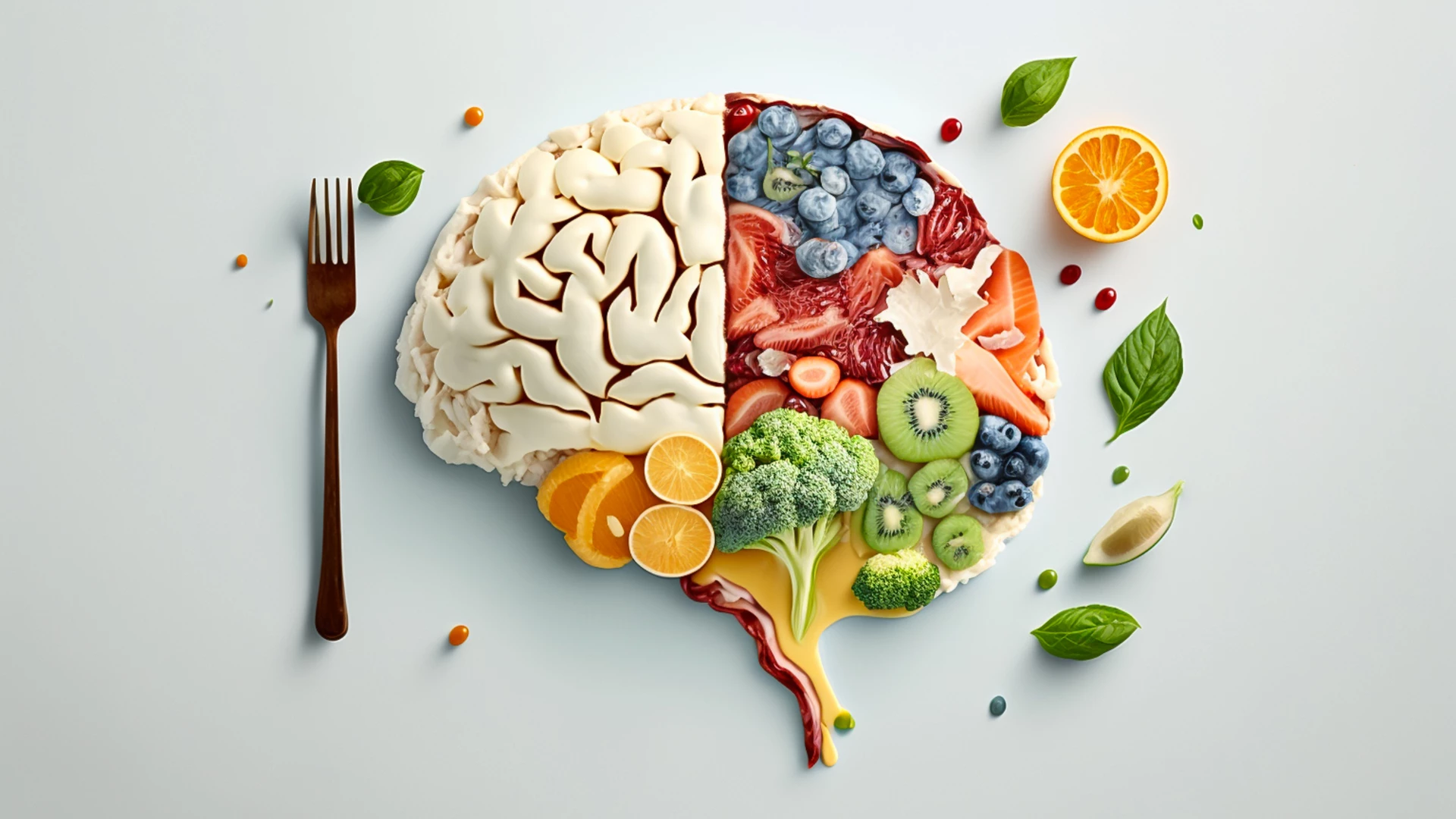Yoga and Wellness Matters in Epigenetics – 6 Ways to Reprogram Your Fate

Article At A Glance
Knowing your genetic propensity for a certain condition may be powerful information, but the results don’t seal your fate. Your genetic predisposition for something doesn’t mean it has to become your reality. According to the CDC, epigenetics is “the study of how your behaviors and environment can cause changes that affect the way your genes work.” That’s good news. Through healthy practices such as yoga, meditation and healthy eating, we may be able to enhance lifelong wellbeing—despite our genetic inheritance.
Knowing your genetic propensity for a certain disease may be powerful information, but the results don’t seal your fate. Last year, I sent a tube of my saliva off to learn more about my risk for diseases (and potentially connect with Irish relatives) through one of the genetic testing sites. I learned I have a variant in one gene, giving me a “slightly elevated risk” for late-onset Alzheimer’s disease.
“What?!!” I thought. No one in my family had Alzheimer’s. For months after receiving the results, I felt convinced my memory was failing me. If I misplaced my keys, it was a sign my mind was slipping. Forget a name—memory loss had already started.
My mother and all my living aunts and uncles are mentally sharp in their 80s. When I fret about my genetic fate, I consider my chances are probably slim for getting this, at least until I’m much older.
Is Genetic Susceptibility Inevitable?

Knowing you have a genetic predisposition for something doesn’t mean it has to become your reality. Though there are single-gene diseases with specific variants, others, like heart disease, obesity, and diabetes, involve several gene changes, making the development of such conditions more complicated.
Fortunately, this complexity means you can influence your risk levels of developing certain conditions through lifestyle modifications and epigenetics. Even if you know you carry a specific single gene mutation, research shows there are varying degrees of severity in many diseases, and altering your internal and external environment may be key to managing disease or, better yet, preventing it.
Genetics vs. Epigenetics

Your DNA is like a cookbook of recipes your cells read to function properly. Each recipe comprises sections, or genes, which provide the cell with information it needs to do its job, ranging from how organs develop in utero to what proteins your body produces. Epigenetics adds an extra layer of complexity by changing how those recipes get used from generation to generation and year to year. In other words, genes are inherited, but not all genes are expressed. Epigenetics is “the study of how your behaviors and environment can cause changes that affect the way your genes work.” (Centers for Disease Control)
What is Epigenetic Inheritance?
Your parents pass on something called “epigenetic tags.” This means that personality quirks, disease risks, or other traits can find their way into your genome. Scientifically, these tags are chemicals or enzymes in your body sitting on your genes that regulate gene expression. So my elevated risk for late-onset Alzheimer’s disease might be a latent risk that never gets expressed because my body-mind remains in a state that doesn’t flip that genetic switch.
Epigenetics helps you adapt to your environment, develop resilience and survive changes in your internal and external environment. Your body can change for better or worse. This is good news because you can choose to change your lifestyle and environment to support good health and reduce your chances of disease, despite your genetic inheritance.
Epigenetics: 6 Ways to Optimize Well-being
Following are reminders of what you can do to optimize your chances of sustained health and well-being into old age.
-
Eat More Vegetables

For optimal cellular metabolism and health, nourishing your body with organic, whole foods is important. Whole food nutrition (and limiting processed food) is key to giving your cells the nutrients they need.
-
Make Sleep a Priority

Sleep is necessary for your body to recover and heal. If you don’t get 7 to 8 hours a night, you’re hijacking cells of their opportunity to work optimally. If you’re tired, they’re tired and won’t function well.
-
Exercise Regularly to Improve Epigenetics

Move to maintain good health. Choose what activity motivates you, but shoot for a minimum of 150 min a week.
-
Nurture Relationships

Science supports the importance of feeling a sense of connection, safety, and love for developing (and maintaining) a healthy nervous system. Building healthy relationships and supportive social networks may take some effort, but the payoff is a feeling of belonging and purpose. Letting go of toxic relationships is also important for creating a happy life.
-
Take Care of Your Mental Health with Yoga and Meditation

Mindfulness and meditation are great tools to alter gene expression and rewire your brain to become more resilient. A regular practice of yoga, meditation, or any mindfulness activity will help you navigate life’s stressors more gracefully.
-
Get (Your Yoga Practice) Outdoors for Sun and Fresh Air

Because. Air pollution, noise pollution, and unsafe environments are toxic to your mental, physical, and spiritual health.
You’ve likely heard all these suggestions before. The key principles of a healthy lifestyle haven’t changed much. But in light of what you know about epigenetics, it should be clear how due diligence today may pay off later.
Also, read...
Study Shows that Muscle Strength Predicts Better Cognitive Functioning
Beat The Chronological Clock: 8 Steps Toward Vibrant Aging With Yoga
Is Magnesium Deficiency Contributing to Your Muscle Tension, Pain, or Fatigue?
Related courses
Breath as Medicine: Yogic Breathing for Vital Aging
Yoga and Myofascial Release: Releasing Chronic Tension with the Bodymind Ballwork Method

Christine Carr, c-IAYT, eRYT 500 has been a physical therapist for over 20 years. In her youth, she was constantly hurting herself. This motivated her to learn how to recover from injury and heal herself, naturally. She loves to learn. Studying the human body, and mind and how they function together is exciting to her. She has a diverse academic background with experience that includes orthopedics, yoga, and functional medicine. She enjoys teaching others how to recover from injury, manage their condition, and improve their function and performance.
Christine enjoys any and all sports available in this beautiful area or kicking back with a good book in her spare time. She has recently started gardening, though she said she has much to learn!
- Neuropsychopharmacology | Epigenetic Inheritance of Disease and Disease Risk by Johannes Bohacek and Isabelle M Mansuy
- Trends in Genetics | A Twin Approach to Unraveling Epigenetics by Jordana T. Bell and Tim D. Spector
- Epigenomics | Epigenetics and Lifestyle by Jorge Alejandro Alegría-Torres, Andrea Baccarelli, and Valentina Bollati
- Frontiers in Psychology | Molecules of Silence: Effects of Meditation on Gene Expression and Epigenetics by Sabrina Venditti, Loredana Verdone, and Michele Zampieri
- Current Topics in Behavioral Neuroscience | Social Environment and Epigenetics by Sarah M. Merrill, Nicole Gladish, and Michael S. Kobort
- Nature | Epigenetics: Reversible Tags by Jessica Wright



